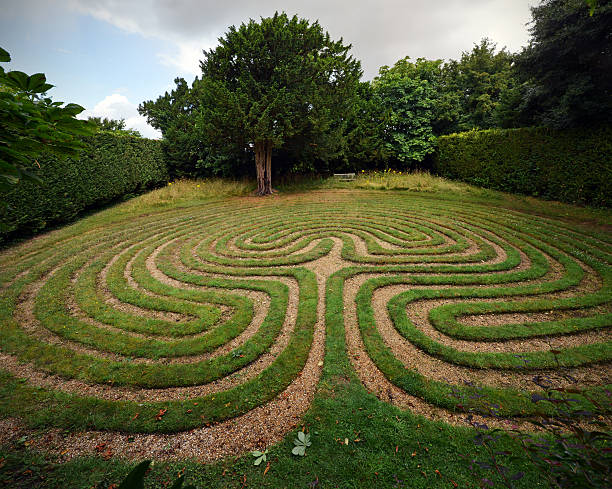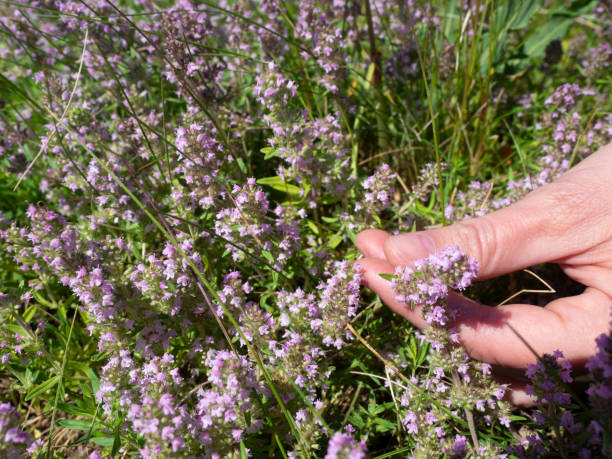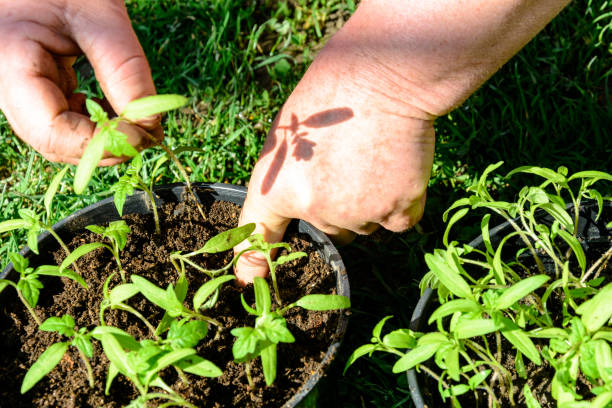Just before Christmas last year, a polar vortex whipped through the South, bringing sub-zero temperatures to many areas. This caused havoc in gardens and landscapes not built for the such cold. Troy Marden, a horticulturist, is my guest this week. He will discuss the damage done so far and what might happen in spring.
Troy has been a resident of Tennessee for 25+ years. His career includes many types of horticulture work, including designing landscapes and working in nurseries. Troy B. Marden Travel was founded in 2017. This tour company takes small groups to visit the great gardens around the world and private gardens that are rarely open to the public. He is also the author of “Southern Gardener’s Handbook.”
Troy and I met last year at the Chelsea Flower Show in England. Troy points out the small size of the gardening industry, so it’s common to meet people you know at international events.
Troy’s Gardening Origins
Troy was raised in Kansas’s north central prairie and had been gardening all his adult life. His grandparents were gardeners, and his parents were successful in vegetable gardening to varying degrees.
He recalls planting his first seed in his babysitter’s flower bed when he was three. His babysitter was a large silver maple tree. He says, “The huge helicopters that fly down during spring are the silver maples.” They were the most fantastic thing I had ever seen, even as a 3-year-old. They grew, and somehow I was able to sense this instinctively. Her flower bed was complete, and she told my parents to “Come get these things.”
Two of the trees remain standing in his parent’s yard all these years later.
Troy was interested in growing at an early age and participated in 4-H and FFA (formerly Future Farmers of America). He started working at a local nursery at 13 and continued there until he moved to Tennessee at 22. He says he had an advantage because his career began ten years earlier than the rest.
Troy interned at Callaway Gardens, Georgia, and Longwood Gardens, Pennsylvania. He met many mentors.
Troy’s Travel Company
Troy is a travel professional, so 2022 was used to make up for two years of missed opportunities due to COVID. Many people who signed up in 2020 or 2021 but had to postpone their trips could finally go. He’s now starting from scratch in 2023.
He says that people are willing to travel, but there is a bit of hesitancy from time to time. “I don’t believe we’re completely back yet, but I think we’re on our way.”
He often takes small groups of 15 to 16 people to private and public gardens all over the globe.
He says gardeners love to share and have been able to use social media to gain access to private gardens that wouldn’t accept large groups of people. He says it is more intimate than a 55-person event, allowing for a more personal experience.
The Polar Vortex
Troy and I were Southeast gardeners affected by the polar vortex at the beginning of the year. He was in Nashville, Tennessee, and me in Atlanta, Georgia.
Troy states that Tennessee was in the crosshairs and Atlanta was hit.
He lives high up on a ridge about 40 minutes from Nashville. The “bowl”, where the weather can be very different, is where he lives.
Troy says, “I experienced more than 50deg temperature drops at my house, from approximately 50deg on the Thursday morning before Christmas or that Thursday lunchtime before Christmas to 4deg below zero within eight hours.”
Water is the lifeblood of plants cells.
Troy says that the sharp, pointy crystals can puncture cell walls and, when they thaw, all that water escapes from the cells. Troy sees this on plants such as Aucuba, which have turned completely black, and skip laurel, which have turned completely brown.”
He said that the punctured cells died within seconds after they thawed. Some plants, such as Aucubas, showed signs of it the next day. Troy believes that if Troy cuts his Aucubas 15-year-old Aucubas back, they will grow from the roots.
He says that plants such as these are very resilient once they have established themselves.
Troy states that Aucuba is zone 7 hardy but a subtropical, fleshy plant.
There are also plants such as boxwood that have small, stiff leaves with waxy surfaces. Troy’s survived for three weeks. Then, orangey-brown lesions started to appear. The leaves turned brown within two to three days and began to shed.
The boxwoods of some clients appear to be in good condition with no damage. However, boxwoods stressed by drought, leafminer, or other causes have yet to fare so well.
Skip laurels (Prunus Laurocerasus “Schipkaensis”) began to show damage within one week.
Troy states that he has some 15-year-old plants and some 15-18 feet tall. Troy also says that they have been scratched all the way down to the base of the plant but cannot find any living things.
Troy has yet to see a skip laurels (also known as schip laurels) that he believes is alive.
Otto Luyken’s laurels have lost their leaves, but their stems remain green so he hopes they will emerge in spring. Despite them being the same species (Prunus Laurocerasus), they are still called skip laurels.
Troy said that some of the damage to the polar vortex was immediate and visible. He also predicted that more damage would be apparent in the spring. “There are some things we don’t know about.”



